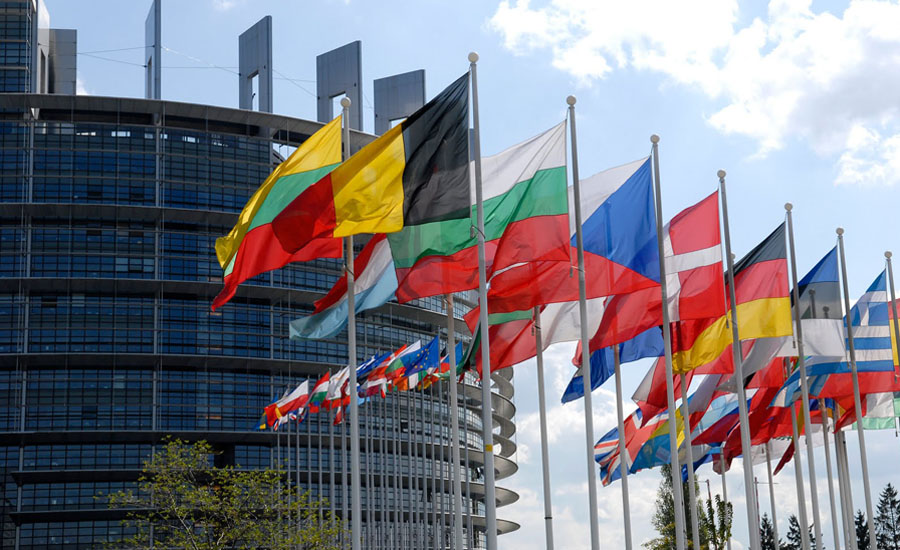Report: European handling of workplace violence is uneven

The European Commission published a report last month aimed at assessing the framework agreement on harassment and violence at work adopted in 2007 by the European social partners. The document reports wide disparities between countries with regard to the implementation of the agreement and its real impact at company level.
Legally binding not widespread
The April 2007 framework agreement has led to the adoption of legally binding instruments in a very limited number of countries. In five countries (Cyprus, Denmark, France, Luxembourg and Spain), the national social partners transposed the European framework agreement into collective agreements. In France and Luxembourg, these were subsequently declared universally applicable by the government, whereas in Denmark, the agreement applies only to the public sector. In Slovenia, the national legislation on health and safety at work was amended to address the issues raised in the agreement.
However, in most of the EU Member States, the agreement has been implemented via non-binding actions, such as the adoption of recommendations, strategy papers, declarations and other information tools. In six countries, the implementation process was limited to the translation of the text of the agreement into the national language.
Little impact
The report’s authors, who already provided the Commission with their conclusions in June 2015, find that the implementation process has had no or only a limited impact in 12 countries, including most Eastern European countries. The report also points out the impact of the crisis on the implementation process: ‘in a number of countries such as Greece and Portugal previously more positive co-operation is seen to have been stifled or undermined during the crisis.’
To assess the real impact of the agreement in the workplace, the Commission conducted an online survey aimed at company managers and employee health & safety representatives. Although the authors do emphasize that the survey’s findings ‘should be treated with caution because of the limited coverage of the surveys’, they do reveal some rather worrying figures on employers’ awareness of the issue. For instance, just over 30% of enterprises surveyed were aware of the European framework agreement, and only 17% considered that sickness absence due to violence and harassment in relation to work was a problem.
The European social partners had already published their own assessment report in October 2011.
By signing, in April 2007, the framework agreement, the European social partners recognised that harassment and violence at work can have ‘serious social and economic consequences’. The signatories also committed to making a clear statement that such practices ‘will not be tolerated’.
Read more:
Looking for a reprint of this article?
From high-res PDFs to custom plaques, order your copy today!






